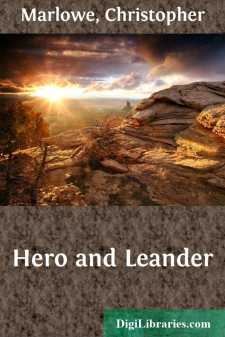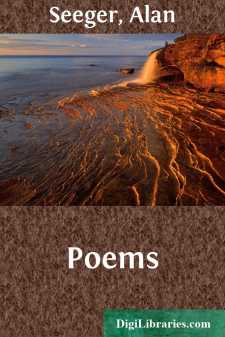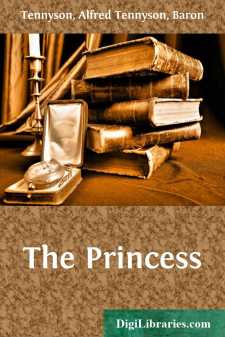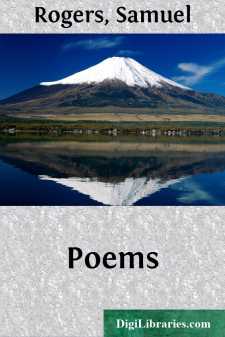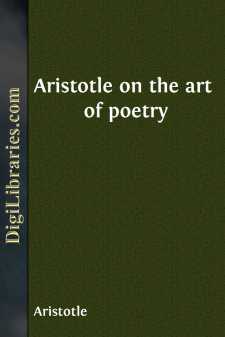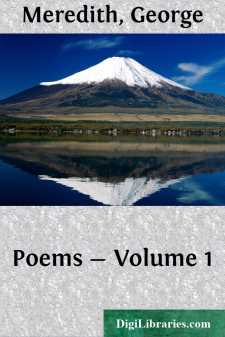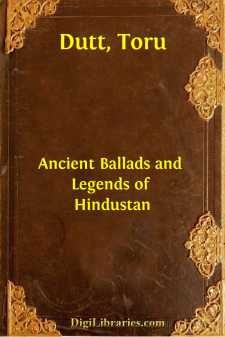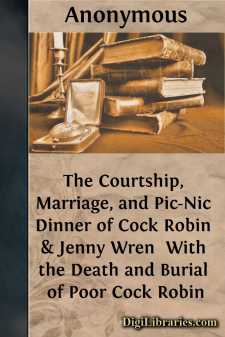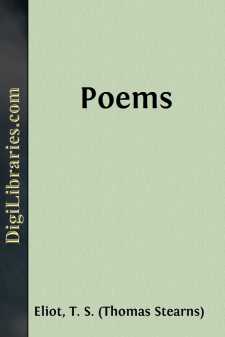Poetry Books
Sort by:
FIRST SESTIAD On Hellespont, guilty of true-love's blood,In view and opposite two cities stood,Sea-borderers, disjoined by Neptune's might;The one Abydos, the other Sestos hight.At Sestos Hero dwelt; Hero the fair,Whom young Apollo courted for her hair,And offered as a dower his burning throne,Where she should sit for men to gaze upon.The outside of her garments were of lawn,The lining purple...
more...
by:
Alan Seeger
This book contains the undesigned, but all the more spontaneous and authentic, biography of a very rare spirit. It contains the record of a short life, into which was crowded far more of keen experience and high aspiration—of the thrill of sense and the rapture of soul—than it is given to most men, even of high vitality, to extract from a life of twice the length. Alan Seeger had barely passed his...
more...
I A prince I was, blue-eyed, and fair in face,Of temper amorous, as the first of May,With lengths of yellow ringlet, like a girl,For on my cradle shone the Northern star. There lived an ancient legend in our house.Some sorcerer, whom a far-off grandsire burntBecause he cast no shadow, had foretold,Dying, that none of all our blood should knowThe shadow from the substance, and that oneShould come to...
more...
by:
Samuel Rogers
ANALYSIS OF THE FIRST PART. THE Poem begins with the description of an obscure village, and of the pleasing melancholy which it excites on being revisited after a long absence. This mixed sensation is an effect of the Memory. From an effect we naturally ascend to the cause; and the subject proposed is then unfolded with an investigation of the nature and leading principles of this faculty. It is...
more...
by:
William Morris
HERE BEGIN POEMS BY THE WAY.WRITTEN BY WILLIAM MORRIS.AND FIRST IS THE POEM CALLEDFROM THE UPLAND TO THE SEA. Shall we wake one morn of spring,Glad at heart of everything,Yet pensive with the thought of eve?Then the white house shall we leave,Pass the wind-flowers and the bays,Through the garth, and go our ways,Wandering down among the meadsTill our very joyance needsRest at last; till we shall comeTo...
more...
by:
Aristotle
In the tenth book of the Republic, when Plato has completed his final burning denunciation of Poetry, the false Siren, the imitator of things which themselves are shadows, the ally of all that is low and weak in the soul against that which is high and strong, who makes us feed the things we ought to starve and serve the things we ought to rule, he ends with a touch of compunction: 'We will give...
more...
by:
George Meredith
XXXIV O, take to your fancy a sculptor whose fresh marble offspringappearsBefore him, shiningly perfect, the laurel-crown'd issue of years:Is heaven offended? for lightning behold from its bosom escape,And those are mocking fragments that made the harmonious shape!He cannot love the ruins, till, feeling that ruins aloneAre left, he loves them threefold. So passed the old grandfather'smoan....
more...
by:
Toru Dutt
TORU DUTT. INTRODUCTORY MEMOIR. If Toru Dutt were alive, she would still be younger than any recognized European writer, and yet her fame, which is already considerable, has been entirely posthumous. Within the brief space of four years which now divides us from the date of her decease, her genius has been revealed to the world under many phases, and has been recognized throughout France and England....
more...
by:
Anonymous
GENERAL INVITATION.Jenny consented; the day was named,The joyful news the Cock proclaimed.Together came the Rook and Lark,The one as Parson, t'other Clerk.THE WEDDING.The Goldfinch gave the bride away,Who promis'd always to obey.The feathery tenants of the airTowards the Feast each gave a share.THE DINNER.The jovial party din'd together,And fine and pleasant was the weather.The...
more...
Gerontion Thou hast nor youth nor ageBut as it were an after dinner sleepDreaming of both. Here I am, an old man in a dry month,Being read to by a boy, waiting for rain.I was neither at the hot gatesNor fought in the warm rainNor knee deep in the salt marsh, heaving a cutlass,Bitten by flies, fought.My house is a decayed house,And the jew squats on the window sill, the owner,Spawned in some estaminet...
more...


